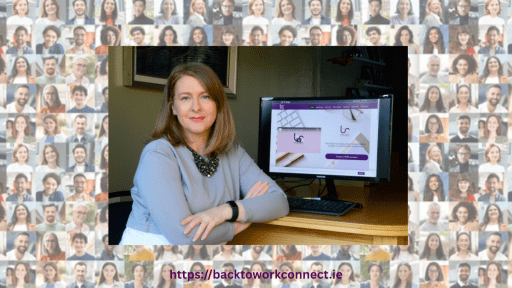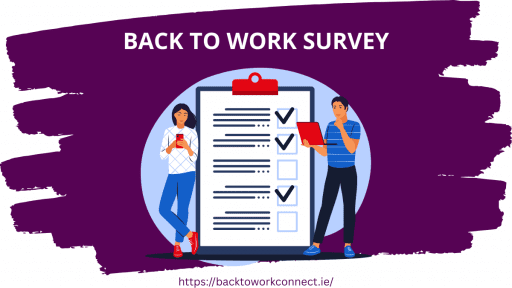Breaking Barriers for Age, Gender, and Career Gaps
Recruitment should be about talent, skills, and potential. Yet, unconscious bias — the automatic judgments we make without even realising it — often shapes hiring decisions. These biases can quietly exclude strong candidates based on factors unrelated to their ability to do the job. Three persistent biases we see are around age, gender, and career gaps.
What is Unconscious Bias?
Unconscious bias refers to the stereotypes we hold without awareness.
For example:
- Assuming a younger person will be more tech-savvy.
- Believing a parent returning to work after a career break is “less committed.”
- Thinking older candidates are “set in their ways.”
While these assumptions might feel harmless, in recruitment they can directly impact who gets interviewed, who gets hired, and who gets promoted.
Age Bias: The Invisible Cut-Off
Ageism is one of the most common forms of workplace discrimination, yet it often goes unnoticed. Candidates over 45, despite bringing decades of experience, are sometimes overlooked because:
- They are perceived as less adaptable.
- Employers assume they might not fit with a younger team culture.
- There is a myth that investing in training for them won’t “pay off.”
The reality: Older workers bring resilience, loyalty, problem-solving skills, and institutional knowledge. In fact, research shows mixed-age teams often perform better.
Gender Bias: Beyond the CV
Gender bias still influences recruitment. Examples include:
- Unconscious assumptions that men are stronger leaders or more suited to technical roles.
- Penalising women who highlight caring responsibilities or flexibility needs.
- Language in job descriptions that unconsciously appeals more to one gender (e.g., “aggressive” vs. “collaborative”).
This bias leads to talent loss, less diverse teams, and narrower perspectives in decision-making.
Career Gaps: A Misunderstood Signal
Taking time out for caregiving, study, illness, or personal reasons is often unfairly penalised in hiring. Gaps are misinterpreted as:
- Lack of ambition.
- Skills deterioration.
- A sign of unreliability.
In truth, many career returners bring refreshed skills, resilience, and perspectives employers desperately need. The world of work is changing fast, and flexibility is becoming a critical business strength.
The Impact on Recruitment
Bias in hiring doesn’t just affect candidates — it affects organisations, too. Companies that allow unconscious bias to guide recruitment risk:
- Missing out on top talent.
- Creating homogeneous teams that lack creativity and innovation.
- Damaging their reputation as inclusive employers.
How to Challenge Unconscious Bias in Recruitment
Structured Hiring Processes: Use clear, skills-based criteria and standardised interview questions.
✔️Blind CVs: Remove age markers (graduation year, dates of employment), gendered names, and other identifying details at the screening stage.
✔️Bias Training: Regular workshops help recruiters and managers spot and challenge their own assumptions. Like Returner Friendly Recruitment Training run by Back To Work Connect
✔️Returner Programmes: Create pathways for those re-entering the workforce after career breaks.
✔️Language Audits: Ensure job descriptions are inclusive and appealing to all groups.
Unconscious bias may be human, but it doesn’t have to control our hiring decisions. By recognising where it shows up — in age, gender, and career gaps — employers can build fairer, more diverse, and ultimately more successful teams.
Inclusive recruitment is not just the right thing to do; it’s the smart thing to do.
For more information and supports on creating a Returner Friendly recruitment process reach out to our team at info@backtoworkconnect.ie
Keep up to date with the latest Returner Friendly employers, upskilling & retraining opportunities by joining our platform HERE
Sign up to our newsletter & job alert today and never miss the ideal opportunity again ! Sign up HERE





